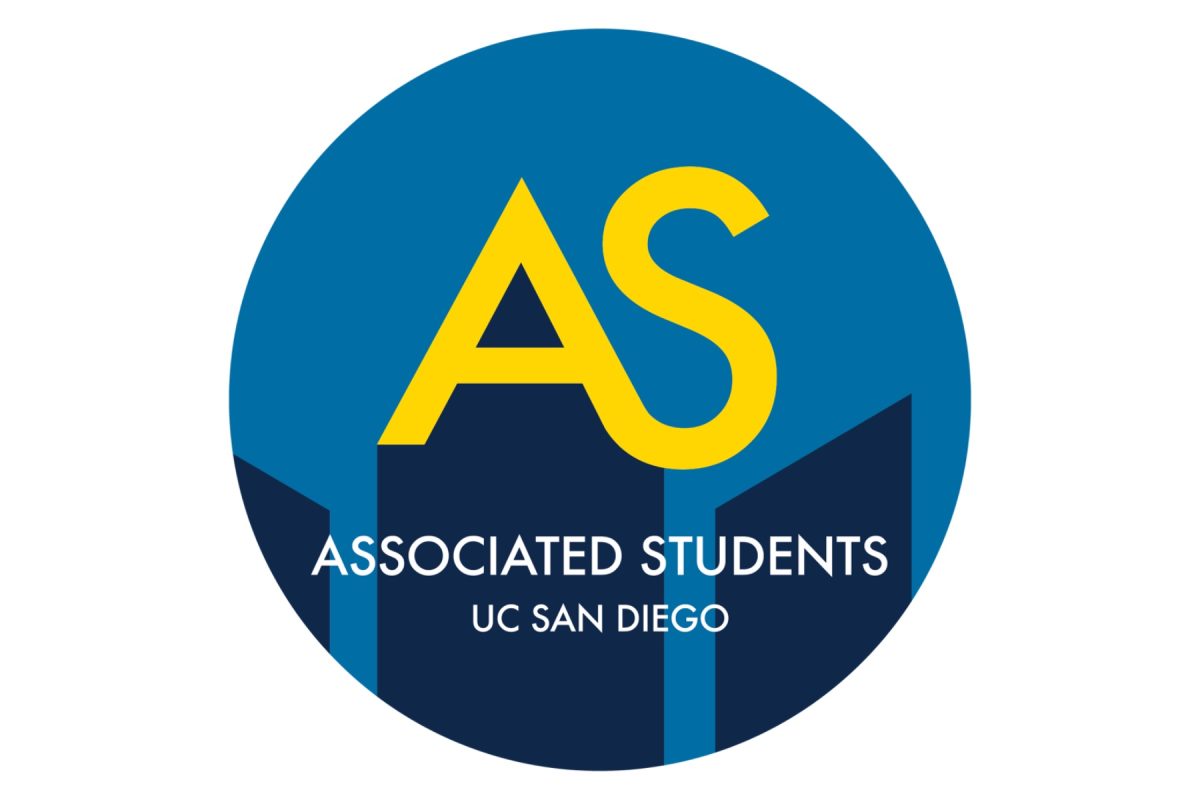Prospective UC San Diego undergraduates can now pursue a Bachelor of Science in artificial intelligence. The major is designed to allow interested students to explore AI in depth from their very first year at UCSD.
The major, offered through the computer science and engineering department, is currently only available to the incoming 2025-26 freshman class who directly applied to be part of the inaugural AI major cohort. The program requires students to take two new major-specific courses, CSE 25 and CSE 55, as well as a mandatory ethics course and 12 units of AI elective courses. All applications to transfer into the AI major in 2025-26, including internal transfers within other majors in the CSE department, will be rejected in accordance with the department’s policy.
CSE 25: Introduction to AI is intended to familiarize students with the fundamentals of AI: its history, current applications, and working hands-on with the technology. CSE 55: Foundations of Artificial Intelligence and Machine Learning provides the mathematical fundamentals and programming skills needed for future advanced AI and machine learning courses.
Students will also be required to take new AI-related electives, such as Computational Robotics, Introduction to Generative AI, and Machine Learning for Music, the third of which will be offered in Spring 2026. The other electives have not yet been scheduled. A list of additional electives can be found on the CSE department website outlining the requirements for the Bachelor of Science in artificial intelligence.
The program also requires a specialized ethics course focused on AI and its potential harms. Trevor Bonjour, a UCSD professor who is planning to teach the first cohort of CSE 25 students in Winter 2026, explained why a specialized ethics class is required.
“Ethics is integrated throughout the major — both in a required course dedicated to it and embedded throughout the curriculum,” Bonjour said. “For instance, when students study large language models, they might also examine questions of copyright and training data; when they explore recommendation systems, they may consider issues of algorithmic bias and its real-world impact. Students will learn not only how to build AI systems, but also how to evaluate their consequences carefully: who benefits, who might be harmed, and how to design responsibly.”
According to a February 2025 article from OpenAI, one in three college-aged young adults use ChatGPT, and approximately a quarter of all messages they sent were related to learning and schoolwork.
Adam Edwards, a second-year mathematics-computer science major, is one of many students with concerns about the increasing usage of AI tools among college students and how it may be hurting their learning abilities.
“It’s a major that’s going to attract a lot of people who already use AI … which in my opinion stunts learning and growth,” Edwards said. “And it’s kind of pushing that we should be using AI more often. But then if you look at other classes, they don’t want you using AI at all, and it’s going to kind of put people who are so used to using AI as a tool to help them in a spot where they can’t use it, making it harder for people to actually properly learn in general.”
As AI’s capabilities rapidly evolve and more people become interested in the technology, Bonjour asserts that AI is a tool that is here to stay.
“Large language models and generative AI get much of the attention now — and they’re impressive,” Bonjour said. “But AI is far broader, and there’s still a long way to go.”












mark • Oct 6, 2025 at 7:39 pm
we are so cooked